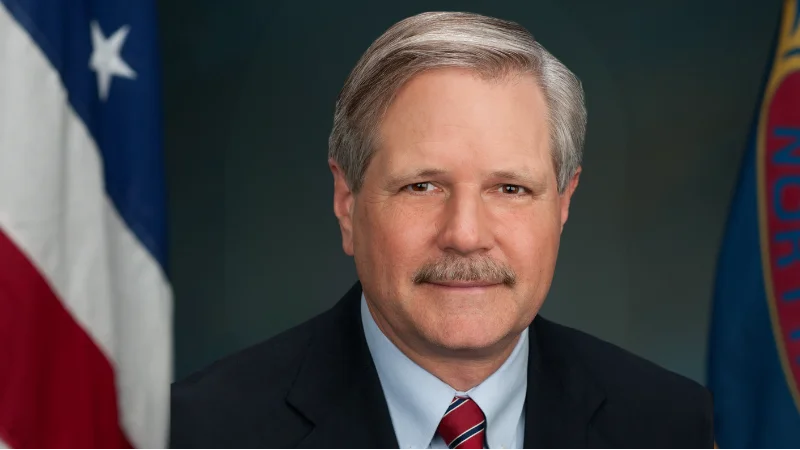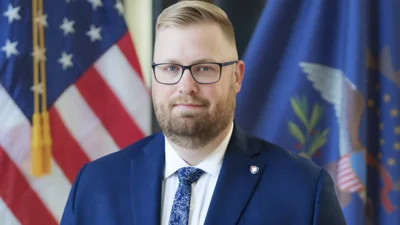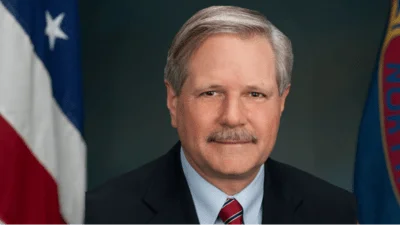Senator John Hoeven, U.S. Senator of North Dakota | Senator John Hoeven Official website
Senator John Hoeven, U.S. Senator of North Dakota | Senator John Hoeven Official website
Senator John Hoeven participated in the Lignite Energy Council’s annual meeting in Bismarck, North Dakota, where he discussed efforts to support the coal industry and strengthen U.S. energy production. Hoeven focused on his Crack the Code 2.0 initiative, which aims to connect the state’s oil and gas sectors by using enhanced oil recovery (EOR) techniques. This approach is intended to increase oil recovery in the Bakken region and extend the lifespan of North Dakota’s coal-fired power plants.
Hoeven noted that policy changes included in the One Big Beautiful Bill (OB3) have realigned the 45Q tax credit, making it more appealing for companies to use CO2 for EOR. As a result, coal producers may gain a new revenue source by selling CO2 to oil producers, while EOR becomes a more viable option for extracting additional oil from the Bakken formation.
According to Hoeven, “Crack the Code 2.0 is about realizing the potential of North Dakota’s vast, untapped energy reserves, particularly our oil, gas and coal resources,” said Hoeven. “We know EOR works, because we’ve been shipping CO2 from the Dakota Gasification Company up to Weyburn Field for this purpose for 25 years. Now, due to the changes we made under OB3 and with the federal support we’re advancing, we can utilize this approach in the Bakken. Doing so gives our coal producers a new revenue stream while opening up at least 5 billion barrels of additional oil for production, both of which are supported by our efforts to roll back the regulatory onslaught imposed under President Biden. The result is continued access to reliable baseload power and more domestic oil and gas – that’s a win for American consumers, our economy and U.S. energy dominance.”
Hoeven has sought up to $50 million in funding for deploying EOR technologies in North Dakota and has already secured $12 million toward this goal. He also received a commitment from a nominee for head of U.S. Department of Agriculture Rural Development to collaborate with him and local electric cooperatives on utilizing federal credit programs related to these initiatives.
In addition to supporting technological advances, Hoeven addressed regulatory issues affecting energy production. He worked with previous administrations to rescind regulations such as Clean Power Plan 2.0 and Mercury and Air Toxics Standards (MATS), aiming to reduce what he describes as burdensome rules imposed during recent years. Alongside other members of Congress from North Dakota, Hoeven sponsored legislation that reversed policies restricting access to federal land for coal, oil, and gas development.






 Alerts Sign-up
Alerts Sign-up